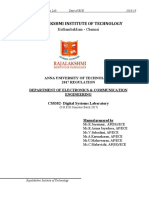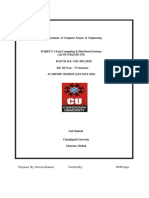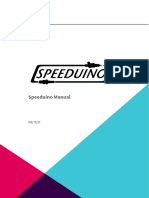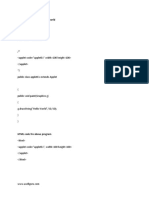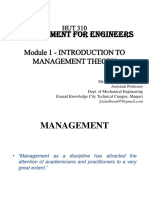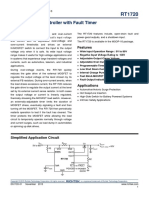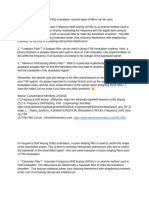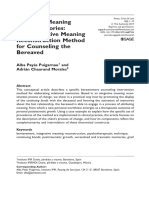0% found this document useful (0 votes)
251 views6 pagesDevops Lab Manual Final Converted - 1
This document is a lab manual for a DevOps course at Anna University, detailing the objectives, outcomes, and experiments for students in the Computer Science and Engineering department. It outlines the vision and mission of the department, program specific objectives, and course outcomes related to DevOps practices such as version control, continuous integration, and cloud-based tools. The manual includes a table of contents listing various experiments to be conducted during the course.
Uploaded by
Pon SaravananCopyright
© © All Rights Reserved
We take content rights seriously. If you suspect this is your content, claim it here.
Available Formats
Download as PDF, TXT or read online on Scribd
0% found this document useful (0 votes)
251 views6 pagesDevops Lab Manual Final Converted - 1
This document is a lab manual for a DevOps course at Anna University, detailing the objectives, outcomes, and experiments for students in the Computer Science and Engineering department. It outlines the vision and mission of the department, program specific objectives, and course outcomes related to DevOps practices such as version control, continuous integration, and cloud-based tools. The manual includes a table of contents listing various experiments to be conducted during the course.
Uploaded by
Pon SaravananCopyright
© © All Rights Reserved
We take content rights seriously. If you suspect this is your content, claim it here.
Available Formats
Download as PDF, TXT or read online on Scribd
/ 6













